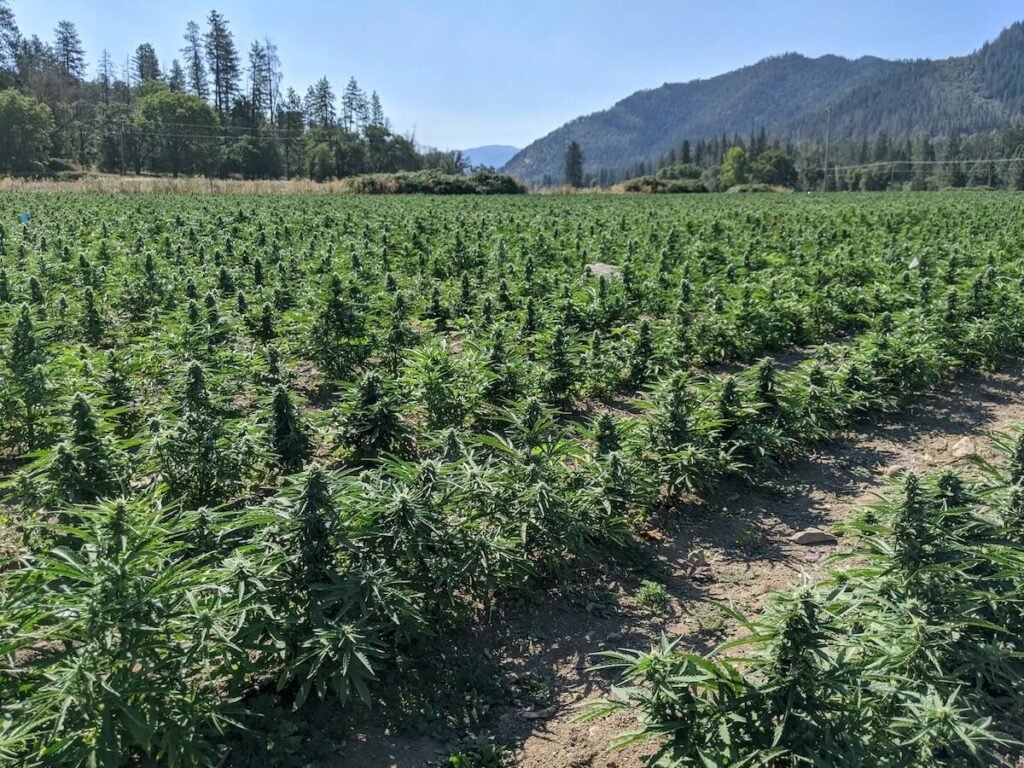Understanding the Legality of Outdoor Cannabis Cultivation

As the cultural perception of weed evolves, many individuals are turning to the natural benefits of cultivating their plants outdoors. However, this endeavor is not without its legal considerations. Understanding the laws surrounding outdoor cannabis growing is paramount for enthusiasts looking to embrace the art of cultivating this versatile plant beneath the open sky.
Local Variations and Regulations
One of the first steps in understanding the legalities of growing Primo cannabis outdoors is recognizing the substantial variations that exist between different regions. Cannabis laws are subject to state regulations, and in some cases, further localized ordinances. Before breaking ground for your outdoor cannabis garden, it’s crucial to research and comprehend the specific regulations governing your area.
Zoning Requirements
Many jurisdictions enforce zoning regulations that dictate where cannabis cultivation is permitted. These regulations often distinguish between residential and commercial zones, and some areas may require a minimum distance from schools, parks, or other public spaces. Zoning laws aim to balance personal freedom with community interests, emphasizing responsible cultivation practices.
Plant Limits and Possession
Outdoor marijuana growing is often subject to limitations on the number of plants one can grow. These limits vary widely and depend on factors such as the grower’s medical status, if applicable, and the jurisdiction’s specific regulations. Understanding and adhering to these limits is crucial to staying within the bounds of the law.
Security Measures
In certain regions, outdoor cannabis cultivation may require specific security measures to prevent unauthorized access and theft. This could include fencing, surveillance systems, or other protective measures designed to secure the cultivation site. Compliance with these security requirements ensures both the safety of the crop and adherence to local regulations.
Cultivation Visibility and Odor Control
Some areas have regulations addressing the visibility of outdoor cannabis cultivation from public spaces. These rules often aim to balance individual privacy with community aesthetics. Additionally, odor control measures may be required to mitigate the scent of flowering cannabis plants, ensuring minimal impact on neighbors and surrounding areas.
Licensing and Permits
In regions where cannabis cultivation is legal, obtaining the necessary licenses and permits is a fundamental step. Licensing requirements vary, encompassing everything from personal cultivation permits for recreational users possessing Primo high-quality pre-rolls and edibles to more comprehensive commercial licenses for larger-scale operations. Ensuring compliance with these requirements is vital to avoid legal consequences.
Environmental Considerations
Environmental regulations play a crucial role in outdoor weed cultivation. This includes adherence to water usage restrictions, restrictions on pesticide use, and sustainable cultivation practices. Enthusiasts must be mindful of the ecological impact of their cultivation activities, aligning with broader efforts to promote responsible and eco-friendly cannabis growing.
Community Engagement
Understanding the laws surrounding outdoor cannabis cultivation extends beyond legal compliance—it involves being a responsible and considerate member of the community. Engaging with neighbors, addressing concerns, and fostering an open dialogue can contribute to a positive perception of weed cultivation in residential areas.
Final Thoughts
The journey of growing Primo cannabis outdoors is an exciting endeavor, but it comes with a responsibility to navigate the legal landscape effectively. By comprehending local regulations, zoning requirements, and environmental considerations, enthusiasts can ensure their outdoor weed cultivation is not only compliant with the law but also respectful of the communities they are a part of. As cannabis laws continue to evolve, staying informed and promoting responsible cultivation practices are essential steps towards harmonizing personal freedoms with broader societal interests.